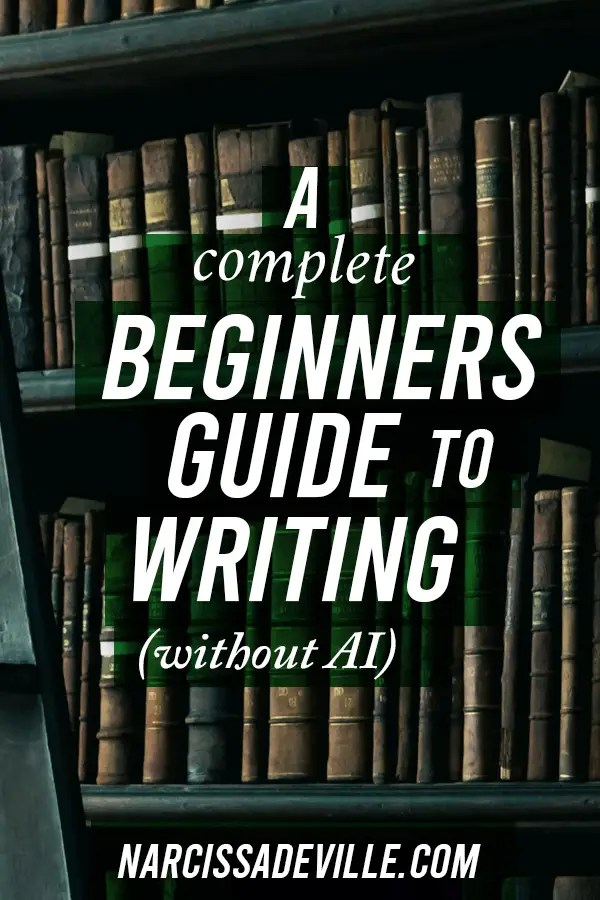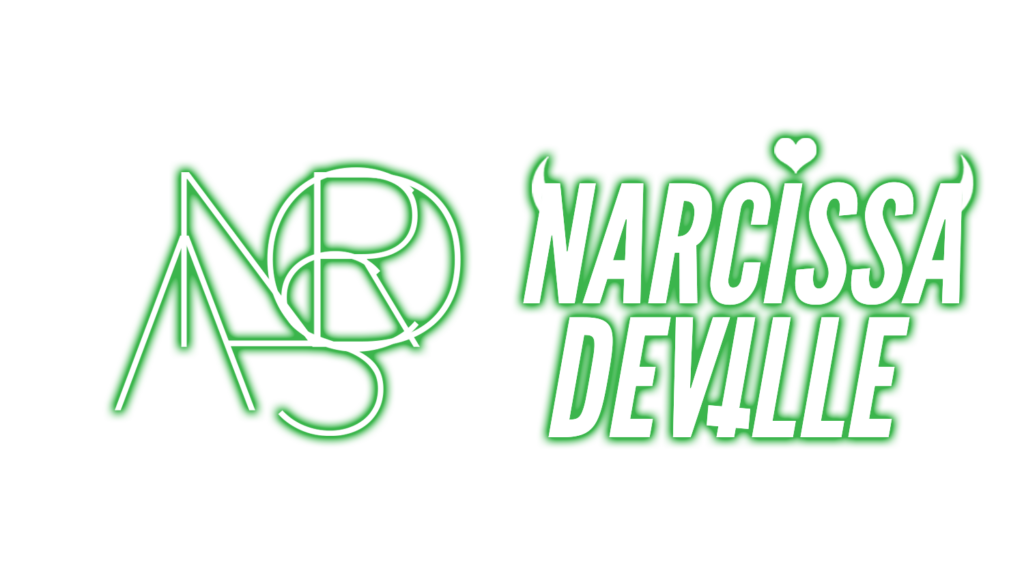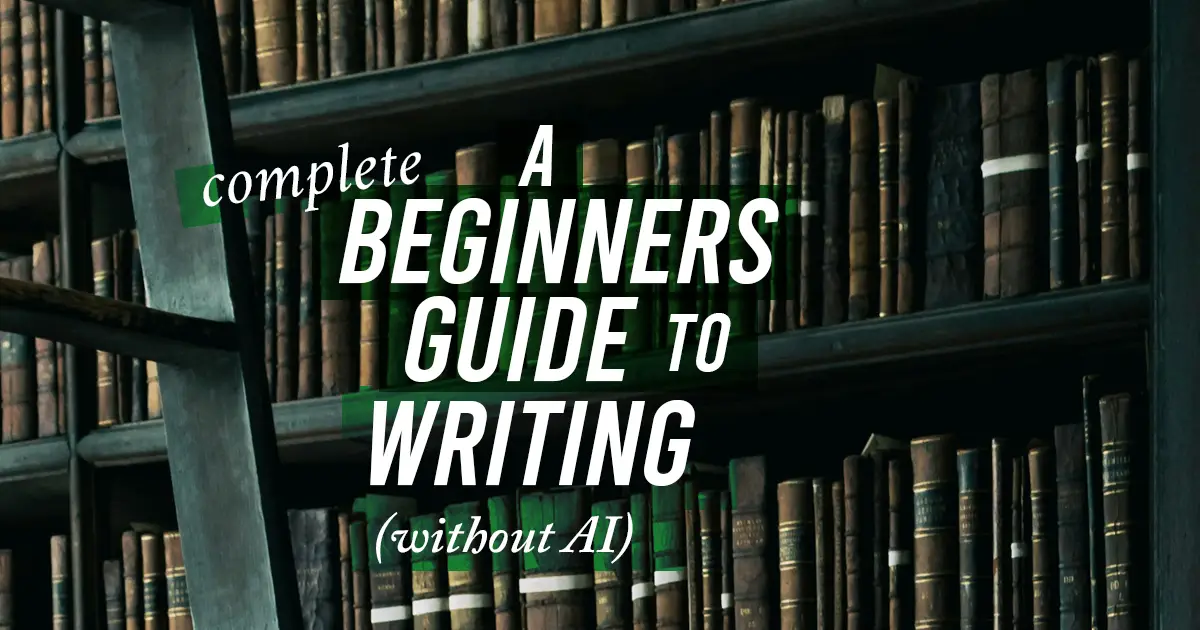

Ideas are like opinions, it seems like everybody has one.
One of the most common arguments that I have heard recently when it comes to the use of genAI in writing (and why people argue it should be acceptable) is the idea that “oh well a real person had to come up with the idea in the first place” and tell it to the computer for it to then spit out this garbage you call writing. Or worse yet they try to argue that they have an idea but no idea what to do with it so they had to use AI to help them brainstorm or otherwise figure out where to take it. Which is in fact the very argument that made me want to write this series in the first place. Because I fundamentally disagree.

Point: Well some person had to come up with the idea to begin with…
True but was that the same person who actually put it into a genAI machine?
Long before genAI ever stuck it’s digital tentacles into literally every facet of technology, there were already hundreds if not thousands of websites just dedicated to sharing ideas and concepts for stories. Long before genAI was truly a thing there were randomizers for character sheets, abilities, plots and subplots and even scenarios you could put your characters into. And a lot of these sites probably still exist if you’re willing to look.
Here’s the thing that we have to be honest with ourselves about. Ideas are the easy part. Coming up with a vague notion of a concept for a story is something your brain can and literally does in your sleep. It’s called dreaming. This notion that somehow a “story” that is “written” by genAI was conceptualized by a human and therefore that makes it more of a real story because coming up with an idea is hard is ridiculous on it’s face and just disingenuous.
Having an idea is not the same as creating a story.
An idea is not a plot.
Having a concept for a story that is an amalgamation of two disparate ideas might be semi useful when it comes to selling an idea to a publisher or reader for instance, think: it’s Pride and Prejudice but with vampires.
Or magic school bus meets Sherlock Holmes in the future.
These are compelling-ish concepts for a story (that I made up on the fly) but they don’t tell you very much at all about the story itself and there are a million different ways that an author could take such a story.
Is Pride and Prejudice with vampires a literal retelling just with vampires thrown into the mix just because? Or is it simply a romantic story set in the Victorian era that delves into the vampire hysteria that was big in that era?
OR is it actually a Victorian era paranormal slow burn romance about a vampire who desperately wants to not be in love with this human because they come from two completely different worlds that couldn’t possibly ever be together?
That’s already three different places you can take that sort of story.
There’s a lot of ambiguity and possibility there, and part of what makes a concept or an idea, into a proper story is you as the author and your experiences. (And no matter how much you tell your life story to your AI, it cannot live your life for you nor can it actually have lived experiences of its own).
For example, the idea for my book the Secret Life of Damien Carmichael was that I wanted to write a story about a senior in high school living a double life and meeting a new boy who upends his world.
Now there’s a lot of ways that you could take a story like this. Is his double life as a vampire? Maybe a vampire slayer? Is his double life as a secret agent or a spy? Maybe he’s the son of a mob boss.
How does this new person upend his double life? Is he a rival or a love interest? A new friend or someone sent to take him out? I could have gone with any of these ideas to tell this story and they would technically have fulfilled the original concept. But the story that I wanted to tell was nothing like that, and so what I wrote was largely based at the time on my love of writing fanfiction for a popular (if problematic and no longer supported, fantasy series). I borrowed elements from my own life (as a writer) to create this world in which Damien’s double life is about him writing fanfic and having to hide his sexuality for fear that it will ruin the life that his parents have set up for him. I very explicitly wanted to write this story and tell it in a way that would feel familiar in the way that really only fanfiction can, and so I had to draw on my experiences in reading and writing it in order to help create that narrative, and I’d like to think I did a good job of it too.
Creating an idea is only part of the process. What makes that idea into an actual story or a novel is what you do with it and where you go with it. This means asking yourself tough questions sometimes.
Where do I want this story to go? What do I want to say? What story am I trying to tell? It’s a careful blend of knowing enough about your characters, the themes you want to incorporate and balancing both personal experiences and things that you think would be interesting in order to build a narrative. Keep in mind that you don’t necessarily have to know all of this immediately in your writing, these are things that may come out naturally and that you can build in later in editing, but sometimes it is useful to keep these things in mind, especially when you’re outlining.
Look any genAI system can take an idea and regurgitate a “story” that is based on an algorithmic sampling of every other story, but the reason that it lacks personality and heart and dimension is because it lacks your own experiences. It lacks nuance and depth. It lacks you. It can be easy to look at how many ideas right now are just rehashings of the same tired old thing. Everything is a reboot or a remake and you would be forgiven for feeling like well nothing is original anyway so why should I even bother? If the story is going to be unoriginal whether it’s written by a person or a machine does it really matter?
And the thing is—part of the point of writing, part of the experience of writing is that it’s enjoyable. It’s cathartic. Telling stories, for me and for so many people I know and this has been true since the beginning of time because telling stories has existed since long before even the written word, it’s about expressing feelings, and moments. It’s finding commonality and truth and love and heart. Not to get too philosphical, but telling stories is about human connection and that’s just something a machine can’t do. Even if a story feels unoriginal, that’s not the point, the point is connection. The point is sharing an experience and communicating with someone with your writing or your words in a way that makes them feel something.
Even stories you love and enjoy or did at some time in your life are not inherently any more original than anything else. The idea of a chosen one who saves the world and attends a magic school was not invented by one author, that’s existed for decades. That is a story anyone can write and write a lot better for that matter.
A story about someone with a secret that they’ll stop at nothing to keep isn’t even all that “original” but what makes it original is the person who wrote it, how you tell that story and those characters. Their individual experiences. Often part of what makes writing so powerful is that it’s the author baring some part of themselves on the page. This isn’t to say that every story is some sort of confession or anything like that, authors are not their characters (even if the characters are vaguely based on them). What it is to say is that whether you intend for it to or not, as a writer when you’re creating a story you are part of that story. That’s kind of why the whole death of the author thing falls flat more often than not because you cannot divorce an author from the story they created. Even if you don’t like them. It slips in.
And the thing is you can look at popular literature and when you know about the author you can see that even when it doesn’t seem like they’ve meant for it to, their self slips in. We see this in Bram Stoker’s Dracula, we see this in Frankenstein, we even see it in Twilight. We see this in literature throughout the ages. How authors write individual characters, how they write the world and how their characters move through it is fundamentally a part of the story and you cannot divorce one from the other.
If you’re someone who fundamentally sees the world as a dark and depressing place that’s going to bleed into your work. If you’re someone who sees good in the world despite everything that’s going to slip into your work. It isn’t a good or bad thing it just—is.
So what do you do with an idea that you have that you’re not sure where to take it? How do you know where to take it?
This is where it gets tricky, because I don’t really know entirely how to answer this. I know that isn’t very satsifying. But I’ve thought about it and the thing is like a lot of writers ideas just sort of show up. Sometimes you write an idea down somewhere so you have it, maybe you have a collection of different ideas and you realize oh this can work with this other idea.
The current story I’m working on, I knew that I wanted to write a fantasy possibly leaning into romantasy with some dark academia edges. That’s pretty vague and could mean basically anything so I had to start thinking more. I remembered that I had come up with some concepts for a different idea and even some opening scenes for a different fantasy idea that I had really wanted to work on but didn’t quite know what that story was entirely going to be so I went back to that and I decided to flesh it out more. Give it more life.
Some writers can have an idea and just go with it and see where the wind takes them.
Using the original idea for Secret Life, part of my thought process was I already knew I wanted the school that he attended to be an elite prep school, I had the concept about his life having to be hidden, his parents have an idea of what they want his life to be and who they want him to marry, so I knew I wanted him to have a girlfriend in the beginning who he liked but wasn’t really in love with. I knew that I wanted him to be writing fanfiction for a made up book series that was popular and well known within the world and I knew that I wanted him to be exposed and things to sort of crumble down around him.
I knew I wanted like this big romantic going home for the holidays scene and so often it’s about coming up with the connective tissue between all of these ideas and that can be tricky. And that is part of the outling process that we’ll get into more next week, but the main thread is this: if you actually take time to sit down and you have different ideas maybe even different scenes in your head that you want to have in your story and you think about how to get from point A to point B you can get there. And maybe that just means exploring and writing something to see where the story takes you because you’d be surprised how many times just writing helps you along. Sometimes the story will tell you where it wants to go or the characters.
Be willing to explore, be willing to, for lack of a better phrase, fuck around and find out. You never know what you can learn.

